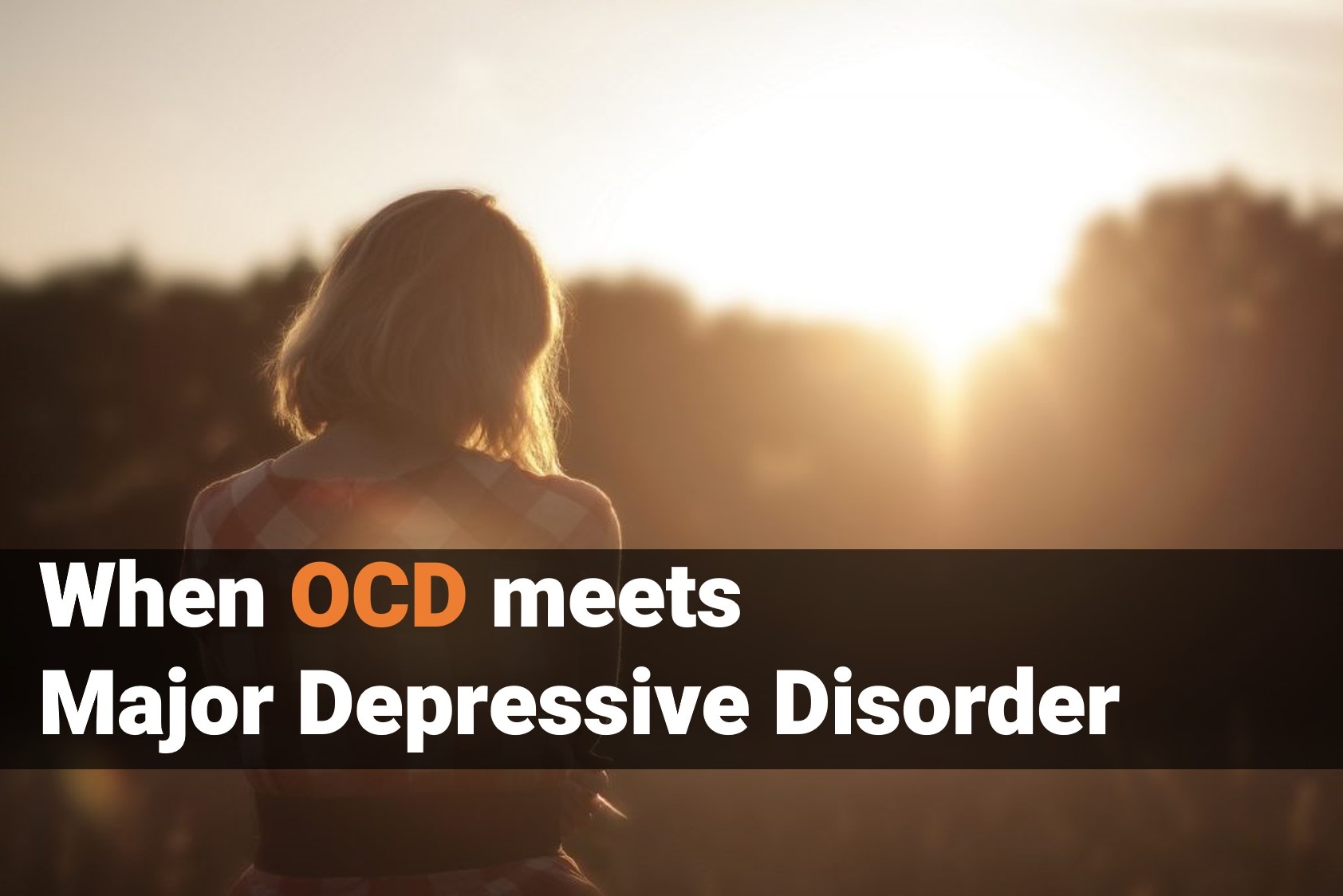When OCD Meets Major Depressive Disorder

When OCD Meets Major Depressive Disorder

People with Obsessive Compulsive Disorder are also at a greater risk of developing other mental illness. And Major Depressive Disorder (MDD) is one of the most common. In this blog we will discuss what is the link between OCD and major depressive disorder.
Almost two thirds of people living with OCD will experience major depressive disorder sometime during the course of their illness. In some people with OCD, depression can especially very serious as it can affect the ability to adhere OCD treatment.
What is Major Depressive Disorder
Major Depressive Disorder (MDD) is more than just feeling sad. It is something more serious like having a depressed mood, losing interest in things that you used to enjoy. These are not the only symptoms but here are few other:
- Eating too much or too little
- Sleeping too much or too little
- Having low energy
- Difficulty in thinking or concentrating
- Having recurrent thoughts of death or suicidal ideation
- Feeling fidgety
- Feeling worthlessness
And these symptoms will greatly affect your personal and professional life. So seek for the help & psychiatric treatment whenever you feel any of these symptoms. If you feel any such symptoms you can reach out and speak up to Dr. Parth Vaishnav, one of the best psychiatrist in Ahmedabad.
How OCD & Depression are related
Depression usually occurs after the onset of OCD symptoms. This is due to personal stress of living with OCD that may have developed at work place or at home.
Another reason is believed to be a biochemical factors contributing depression. OCD and MDD are both characterized by changes in the production and activity of serotonin. OCD may perpetuate MDD simply by enhancing an underlying biochemical imbalance.
Many studies suggest that symptoms of major depressive disorder are more often linked to people with obsessions (negative thoughts you can’t get rid of) rather than compulsions (repetitive behaviours you can’t control).
Managing the Dual Diagnosis – and Complications
Dual diagnosis can be seriously problematic for those undergoing OCD treatment. When the both occur together, they can complicate the treatments and therapy. And you will need a highly experienced psychiatrist to manage the dual diagnosis.
Usually with this condition, feeling can lead people to ask, “what is the point of all this?” This makes person less interested in taking their medications, grooming, eating or social interactions. So to mitigate this concern, the psychiatrist will often treat the depression first before treating OCD.
Wrapping up…
So if you have been diagnosed with OCD and have depression symptoms at the same time, don’t wait for the sad feelings to pass. Speak with your mental health provider or psychiatrist nearby to prevent the worsening of the symptoms.
Open up, break the mental health stigma and please reach out. Ask for help if you need it.

